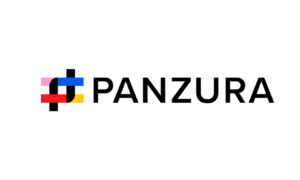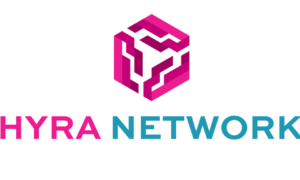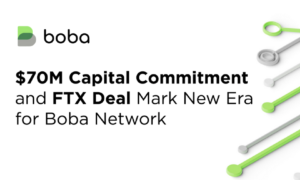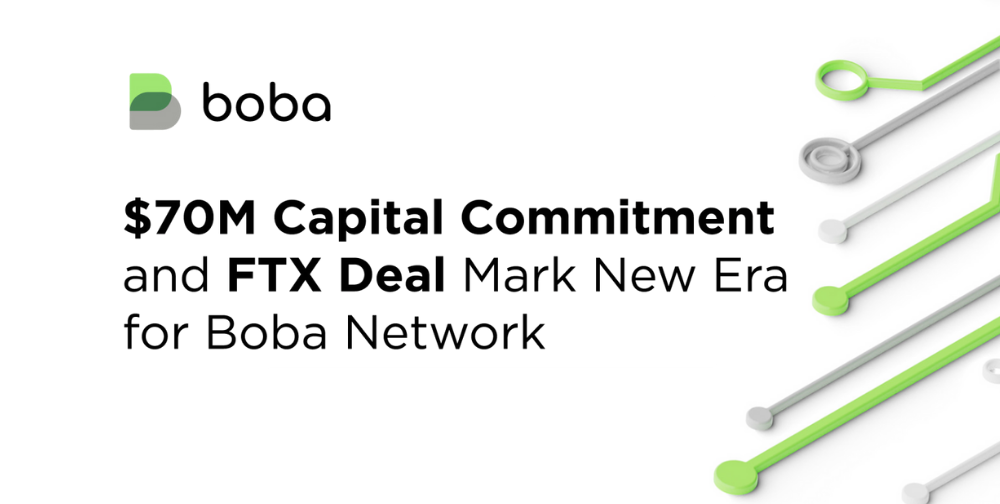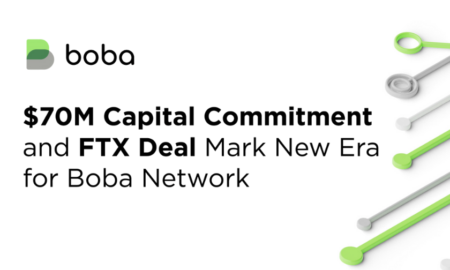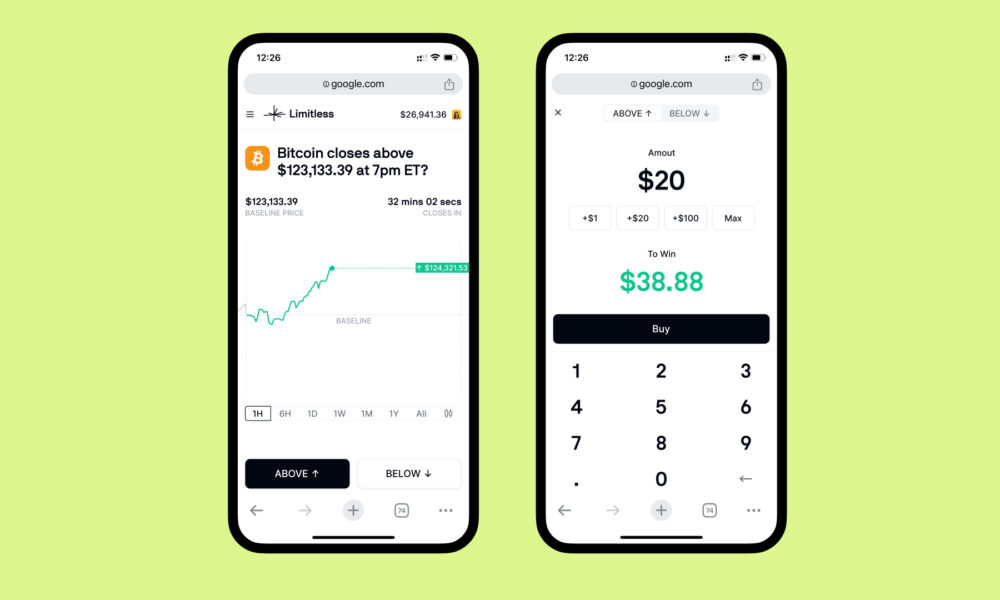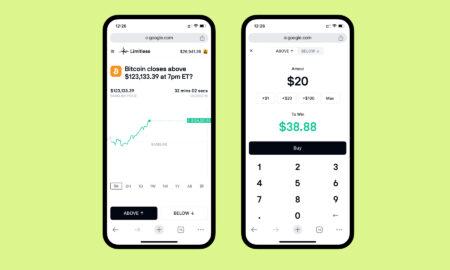The healthcare industry has always been driven by technological innovation. And that extends not only to the treatment of illnesses, but to the increasingly data-centric administration of patient care. For years now, the increasingly digitized healthcare industry has sought to leverage advances in digital technologies to better access, interrogate and protect patient data. Given the sensitive nature of healthcare data and the historical target that healthcare institutions have become for malware and ransomware, it makes sense that Blockchain technology might be appealing to the world of healthcare.
How can Blockchain change the world of healthcare?
Blockchain has already proven very appealing to the banking and financial services industries, but how can it be brought to bear effectively on healthcare? Overall, blockchain could help to make the healthcare industry more secure and efficient as well as providing greater safety assurances for patients.
Here are some ways in which Blockchain is poised to revolutionize healthcare in the coming years:
• Healthcare professionals and other stakeholders will be able to get faster, more secure and more accurate access to electronic medical information.
• As 5G wireless networks are rolled out in 2020 we can expect greater integration of Blockchain technologies into networks of all shapes and sizes.
• Access and exchange of information is expected to get faster and more reliable resulting in fewer transaction costs and greater efficiency.
• Blockchain could leverage cryptography to reduce the risk of data selling, fraudulent mismanagement and leakage.
• Blockchain could exponentially boost interoperability bypassing previous brokered trust systems and reliance on intermediaries.
• Smart contracts can be used to reduce bureaucracy and overhead costs, sidestepping the inconsistent rules and permissions inherent in our current system and ensuring that patients get better value and providers enjoy greater organizational efficiency.
• Regulatory compliance could be made easier and a new era of greater accountability and transparency may be ushered in.
What’s to come for Blockchain in Healthcare in 2020 and beyond?
I posed this question to one of the foremost experts on the subject, Burst IQ CEO, Frank Ricotta. He shared his thoughts with me over email:
“2020 will be the year that we will see blockchain platforms emerge as the primary enabler for enterprise adoption. Specifically we will see accelerated adoption around supply chain management, credentialing, and micro payments. The key platform features that will allow this to happen is the ability to manage distributed identities and their associate data for people, places and things. More importantly these platforms will enable the interaction between them at scale setting the stage for significant disruption in 2021. Finally, we will see a thinning out of blockchain solution providers due to acquisitions and ability to deliver.”
Additionally, according to Reportlinker, global blockchain in the healthcare market is assessed to grow with 47.23% CAGR during the forecast years of 2019- 2027. As more and more investors and investees alike come to realize the potential value of Blockchain integration, this creates a potential climate of competition and innovation.
That said, there are some potential stumbling blocks on the horizon owing to the vast amounts of data stored and distributed via Blockchain.
For Blockchain to be deployed effectively within the healthcare industry it will need to encompass enormous amounts of data, much of it highly sensitive. This is expected to include medical records, images, documents, lab reports, transaction data and myriad other forms of data. Needless to say, this will require a significant investment in storage space. And because of the nature of Blockchain, every member included in the chain will be expected to regularly invest in the storage capacity. And because this storage capacity will, by necessity need to grow incrementally as operations continue, this means that investment too will need to grow.
This has the potential to hinder the market growth for blockchain in the healthcare industry and serve as a barrier to adoption for some.
Nonetheless, the potential benefits far outweigh the caveats. As more and more key players in the blockchain and healthcare industries band together to create competing solutions we can expect elegant solutions to early teething problems to present themselves and for Blockchain to potentially revolutionize healthcare and even help to eliminate historic vulnerabilities and inefficiencies.










